The problem ain't what people know. It's what people know that ain't so that's the problem
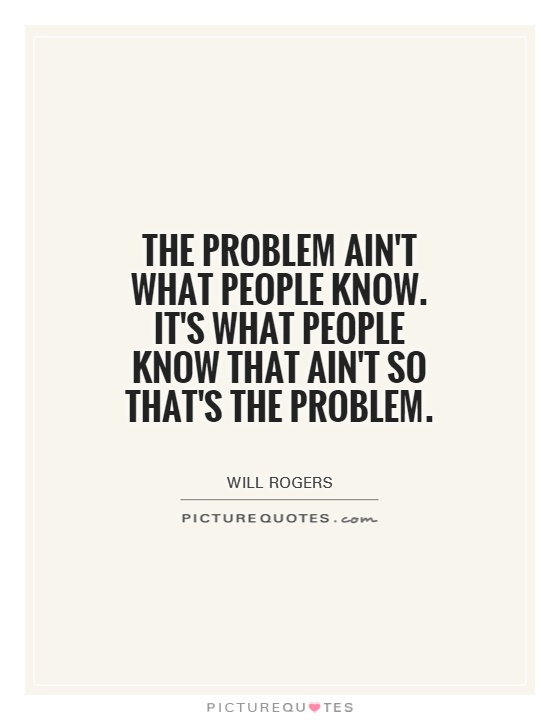
The problem ain't what people know. It's what people know that ain't so that's the problem
Will Rogers, a beloved American humorist and social commentator, once famously said, “The problem ain't what people know. It's what people know that ain't so that's the problem.” This statement encapsulates a fundamental truth about human nature and the way we perceive the world around us. In today's age of information overload and fake news, this sentiment has never been more relevant.Rogers' words highlight the danger of misinformation and the impact it can have on society. In a world where anyone can publish information online, it can be difficult to discern fact from fiction. This is especially true in the age of social media, where false information can spread like wildfire and shape public opinion. The problem is not necessarily that people lack knowledge, but rather that they are often misinformed or misled.
One of the biggest challenges we face today is combating misinformation and promoting critical thinking. It is essential for individuals to question the information they receive and seek out reliable sources. This requires a certain level of media literacy and a willingness to challenge one's own beliefs. As Rogers suggests, the real problem lies in what people think they know, rather than what they actually know.
Furthermore, Rogers' statement can also be applied to the realm of politics and public discourse. In today's polarized political climate, it is all too common for individuals to cling to their own beliefs and dismiss opposing viewpoints. This can lead to a lack of understanding and empathy, as well as a refusal to engage in meaningful dialogue. The problem is not necessarily that people lack knowledge, but rather that they are unwilling to consider alternative perspectives.
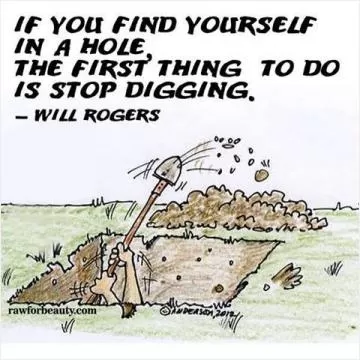
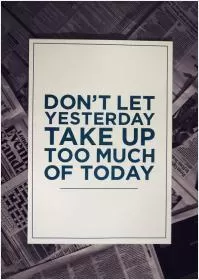
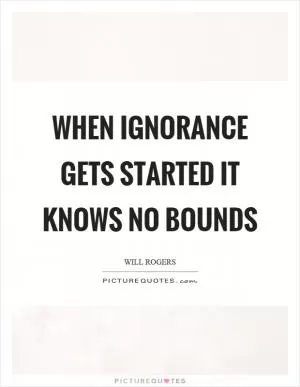
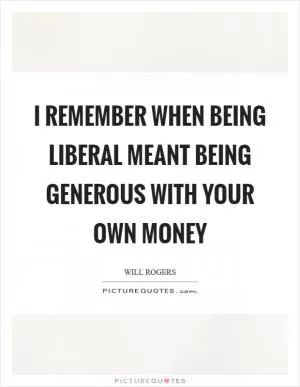
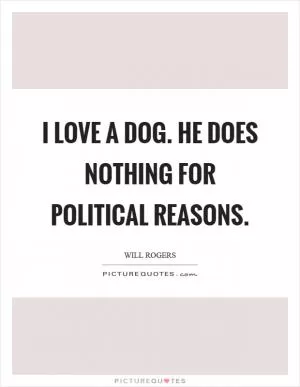
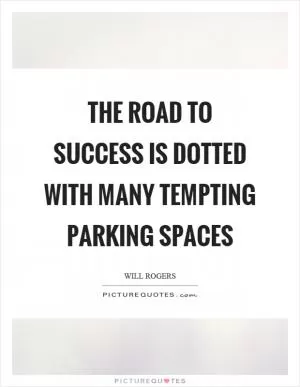
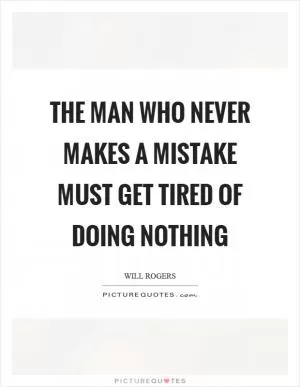
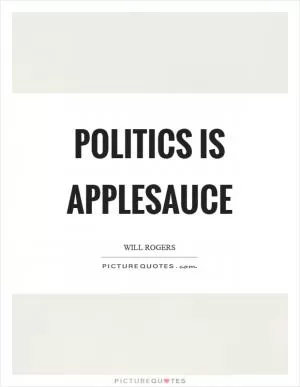
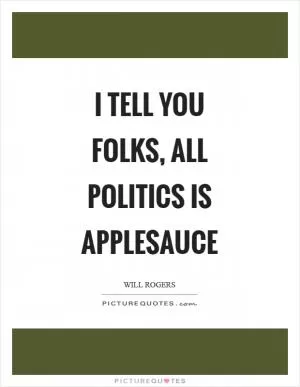
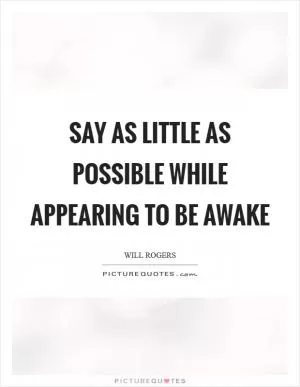
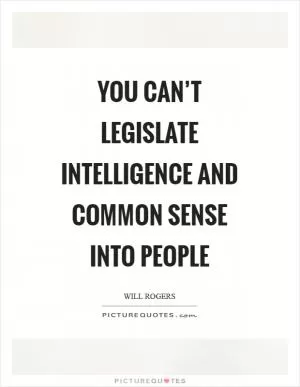
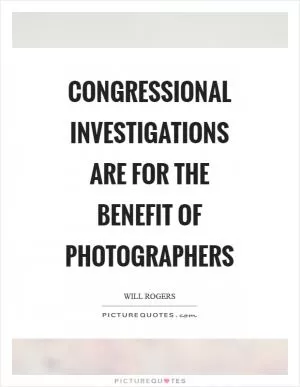
 Friendship Quotes
Friendship Quotes Love Quotes
Love Quotes Life Quotes
Life Quotes Funny Quotes
Funny Quotes Motivational Quotes
Motivational Quotes Inspirational Quotes
Inspirational Quotes